SHVisions’ Founder and T1VISION’s CEO is Babak Moradi (2023) who is BCU Guest Lecturer of Human Resource Studies and Research Fellow, Centre for Advanced Human Resource Studies at the SHVision; Iranian First Management Consultancy Holding Group. He holds a BSc (Industrial Engineering), MS Certificate (Supply Chain Management), MS Diploma (Production Process Planning), MSc (Logistics) and PhD from the University of Birmingham City University. His research and teaching interests focus on the Continuous Improvements, East and West Management, Kaizen, Gemba Kaizen, TQM, SHRM, Productivity, HRM Practices, HRM Behaviours, Leadership Training, future of work, organizational agility, Lean Thinking and Lean Production, and human resource strategy. Over more than 25 years he has addressed these and related interests in over 300 Iran SME’s organisation and UK’s food chain and several articles, as well as numerous speaking engagements and consulting assignments worldwide.
Since 1990 and the regional instability’s growth, DUBAI and UAE, has transformed from old fashion based cultural country into one of the fastest self-responsive economics and macroeconomic stability country in the GCC plateau despite shacking global and regional instability.
DUBAI, the business FALCON of UAE, has involved strategic human resource management and organisational systems to the new paradigm of the future new economic partners and is fast moving toward sustainable organisational performance and the global business boutique.
Supported by its effective resilience transformational leadership to inspire their people through effective communication and global collaboration and thus initiating the new strategic rail as path for 2050 success. They set challenging goals and higher expectation from each Emirati eventually chieving a greater result.
UAE individual business leaders are often sky-falcon thinkers. For the successful implementation of their Strategic Human Resource Management (SHRM)’s visions, the organisations have developed more detailed-oriented managers.
DUBAI Suggestion System present rationally, is an obvious example and best result of proofing the democratic leadership in the country. DUBI leaders often ask help and collaboration from their people. This leadership characteristics formulate higher levels of job satisfactions in DUBAI’s business partners, and the organisations can benefit from individualistic creativity. The UAE’s openness and enthusiasm to embrace creative ideas and projects across various fields have made it a land of opportunities where ambitions thrive and are realized.
DUBAI business leaderships are ‘laissez-faire’ structure that literally means ‘let them do’ and is typically interpreted to ‘let it be’. The leaders allow the people to make decisions and make mistakes and learning to not repeat that mistakes. Therefore, UAE leadership is effective in creative jobs and workplaces with attracted the experienced talented overseas employees.
UAE’s People safety and security is also well contributed to the UAE’s business safety and security. Effective strategic leadership in the DUBAI’s safety environments caused the mentioned result clarifications.
According to the FastCo Works (2023), the country supported by its oil reserves and the strength of its sovereign wealth funds, the UAE continued to grow steadily and has now also adopted digitalization to further boost its economy from an oil-based to a knowledge-based one. This opens doors to various industries with particular traction in the financial services and new technology sectors. The UAE is accelerating growth through progressive policies integrating the GCC and MENA into a new multi-polar economic architecture. The two have seen the most significant progress regarding the share of the non-oil sector in real GDP in the GCC.
The main reason that the country is equipped with the fundamentals of a “Falcon Economy” is the UAE leadership. Falcon Economy refers to the current UAE that refers to a high-growth economy that is set to transition from a predominately emerging economy to an economy, accelerating growth and opportunities driven by strategic people, oil and non-oil sectors.
According to experts, the UAE plans to increase the contribution of the industrial sector to the country’s economy, which will help create new jobs and attract new investment into the country. The country’s industrial strategy targets to grow the industrial sector’s contribution to the country’s overall economic output to AED 300 billion (approximately $81 billion) by 2031.
In Conclusion, UAE’s leadership designed a drone show depicting the “falcon economy” concept, which symbolized the UAE’s economic ascent supported by Abu Dhabi’s growth as a leading global business hub. This context educates other nations that the best success story of one of the old fashion cultural country’s revolutionary economic transformation has been a unique leadership and concentration of the future strategic success and not oil or UAE’s energy advantages.





